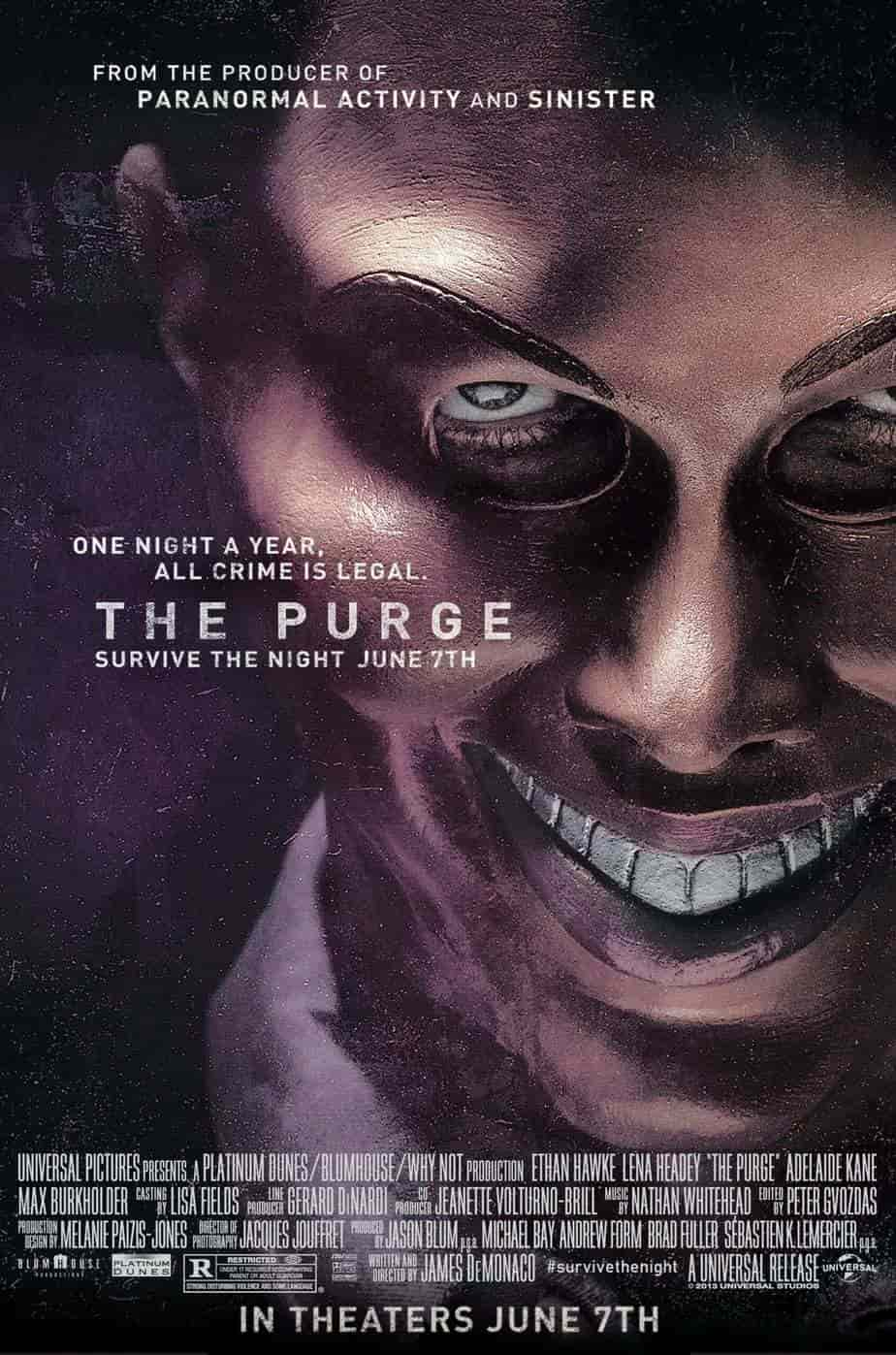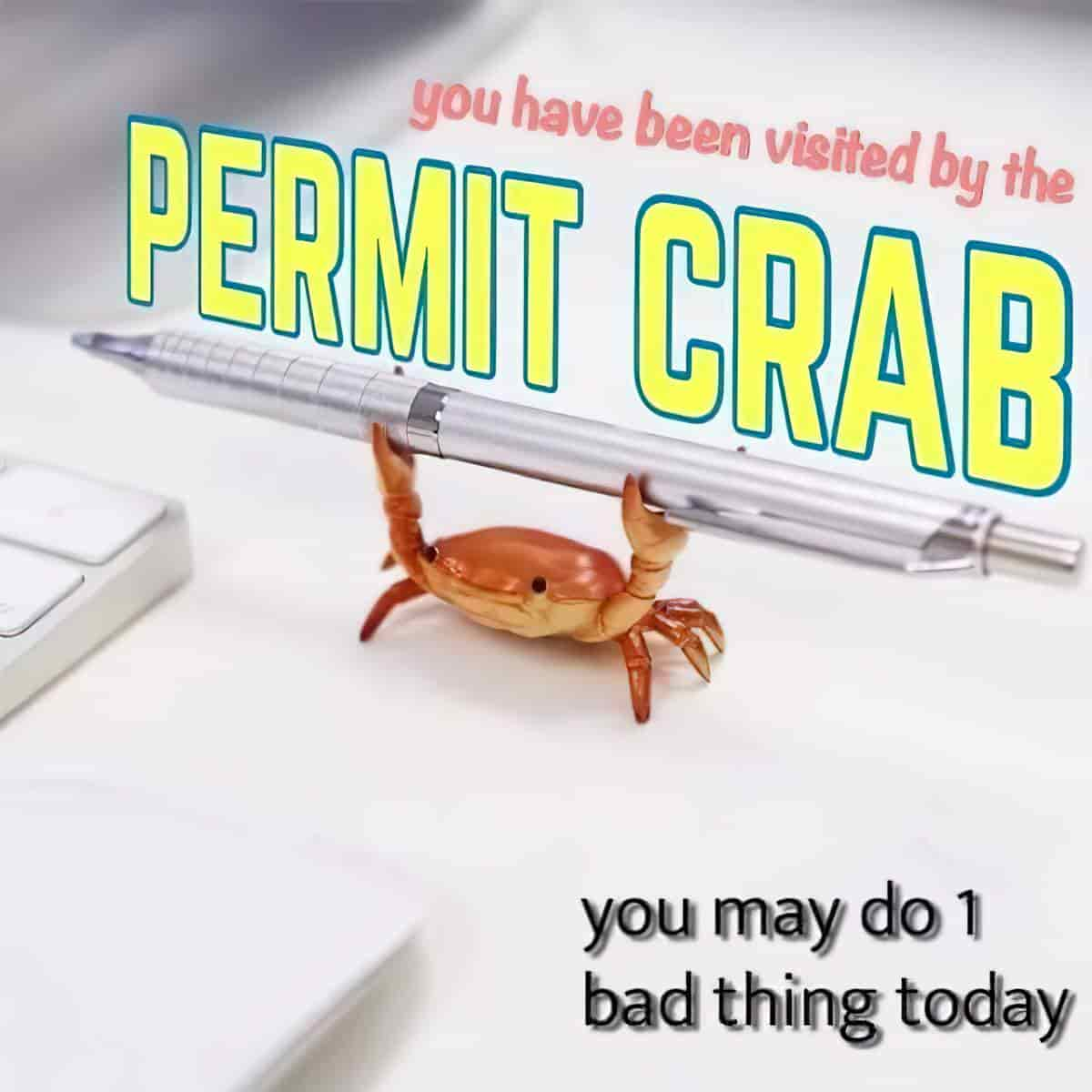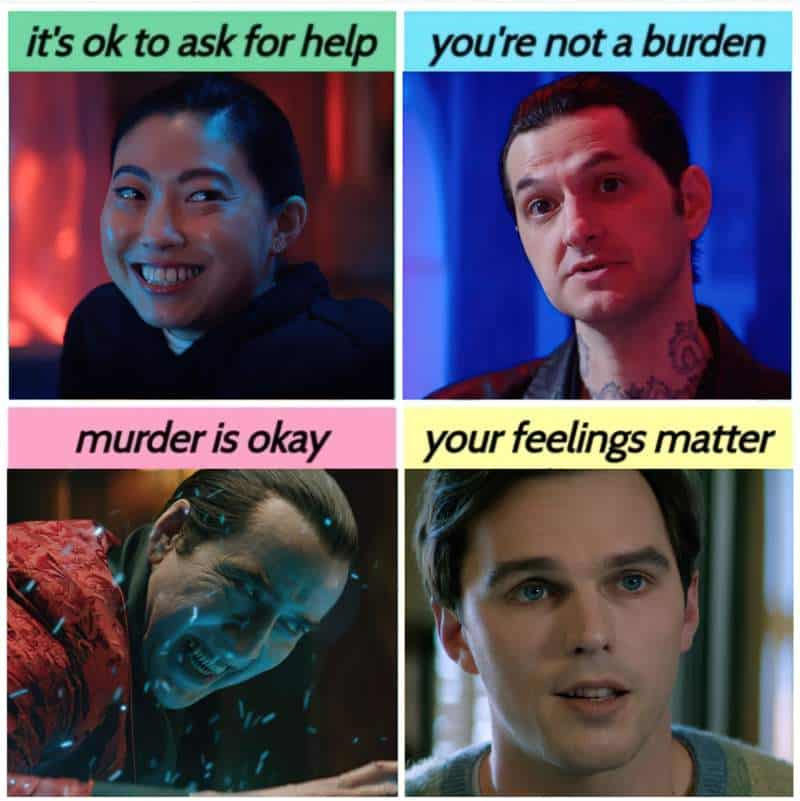“Red Card” is a 2013 short story by American writer S.L. Gilbow. If you enjoy the creepy suburban tales of Shirley Jackson, you’ll like this one. English students commonly study this story in year seven and eight.
Nice people made the best Nazis. My mom grew up next to them. They got along, refused to make waves, looked the other way when things got ugly and focused on happier things than “politics.” They were lovely people who turned their heads as their neighbors were dragged away. You know who weren’t nice people? Resisters.
Naomi Shulman
WHAT HAPPENS IN “RED CARD”
Citizens are randomly assigned a red card and a pistol by the government. This red card allows individuals kill anyone they want without repercussions. Linda decides to kill her husband.
There’s now an entire category of story in which it’s legal to kill people without repercussion, notably The Purge (2013) directed by James DeMonaco. (I hate to think why these stories became popular…)

DISCUSSION QUESTIONS FOR “RED CARD”
- In your day-to-day life, are there times when you need a card before you’re allowed to do something? (e.g. borrow books at the library) What happens if you don’t have a card on you?
- In the storyworld of “Red Card”, the government randomly issues get-away-with-murder-free cards. What are the rules around it?
- Can you think of a popular board game where players are randomly assigned a Get Out Of [Crime] Free card? Computer games?
- Linda Jackson is a subversion of who we normally imagine when we think of murderers. In other stories you’re read/seen lately, what did the murderers look like? How were these criminals presented differently from Linda? How were they presented the same?
- “Red Card” is set in a place called Merry Valley with a utopian, storybook vibe. Can you think of other stories where everything looks fine on the surface, but scratch the surface and the society is rotten underneath?
- What sort of person was Larry? Give evidence.
- The big revelation in this story: It was okay that Linda killed her husband. At what point did you realise this is how the society is set up?
- Why is the red-card murder system in place? What was the original intention, do you think?
- Sarah Hall is the nice lady who lives across the street. However, she is revealed to be Linda’s frenemy. In what ways is Sarah not a genuine friend?
- Why had Linda told Larry she was in possession of a red card, even though the rules say she’s supposed to keep that information to herself? Related to that, why do people tend to live a lot longer if they know who has the cards?
- Describe the problems with this system, assuming the intention is to keep nice people alive, make bad people dead.
- In stories where someone is killed, writers very often prepare us for death by foreshadowing it. How does S.L. Gilbow foreshadow death in “Red Card”?
- Linda compared her dead husband to animals. At first she compared him to a hummingbird. But after she got to know him, he reminded her of a mongoose. What are the standout characteristics of each creature, and what do the comparisons say about Larry?
- Larry is associated with the colour yellow/mustard. Throughout the rest of the story, a spectrum of colour connects to the characterisation of Linda. What are those colours, and what do they symbolise?
- Linda’s view of the world also changes colour. To what range of hues? (Give an example.)
- Likewise, Linda wears a ‘mask’ of make-up. How does her make-up change over the course of the story? How does the change in make-up signify Linda’s change in character/motivation?
- How else is Linda’s change of character indicated? (Look for the animal associated with Linda.)
- What is “Phil’s Follies” in the story?
- We don’t have red cards or a vigilante justice system in real society but this story reflects certain real world human tendencies. Elaborate.
- The story ends. What do you think Linda does next? Why do you think this?


EXTENSION ACTIVITY
Compare and contrast this story with Shirley Jackson’s short story “The Possibility of Evil“. How are these two stories similar and different? Talk about characterisation, setting, morality and symbolism.
FURTHER READING
There are many ways to run a society apart from how we run ours. Take, for instance, another Shirley Jackson story, “The Lottery”, which isn’t so much speculative fiction as a contemporary take on ancient traditions of human sacrifice.
Nicholas Coccoma makes a case for abolishing elections. We should draw our leaders randomly, by lottery. This is the only way to end up with a properly representative democracy, he argues.
“Despite being the most diverse in history, our current Congress remains very disproportionately white, male, and old. When it comes to wealth, the numbers are even more dispiriting: half the members of Congress are millionaires; 97 percent of Americans aren’t. And while over 37 million people in the U.S. live in poverty, you won’t find one of them in Congress, much less one of the millions of Americans without health insurance. …
“We can make all the tweaks we want, but as long as we employ voting to choose representatives, we will continue to wind up with a political economy controlled by wealthy elites. Modern liberal governments are not democracies; they are oligarchies in disguise.”
Nicholas Coccoma
There was recently just such an experiment conducted in France: France’s citizen climate assembly: A failed experiment? by Sonia Phalnikar


For more on hummingbirds
In this episode of Talk Nerdy, Cara is joined by natural history writer, photographer, and wildlife tour guide Jon Dunn to talk about his newest book, “The Glitter in the Green: In Search of Hummingbirds.” They talk about his journey across the globe to witness the beauty and splendor of different hummingbird species, as well as the lessons he learned about human greed and hubris along the way.
